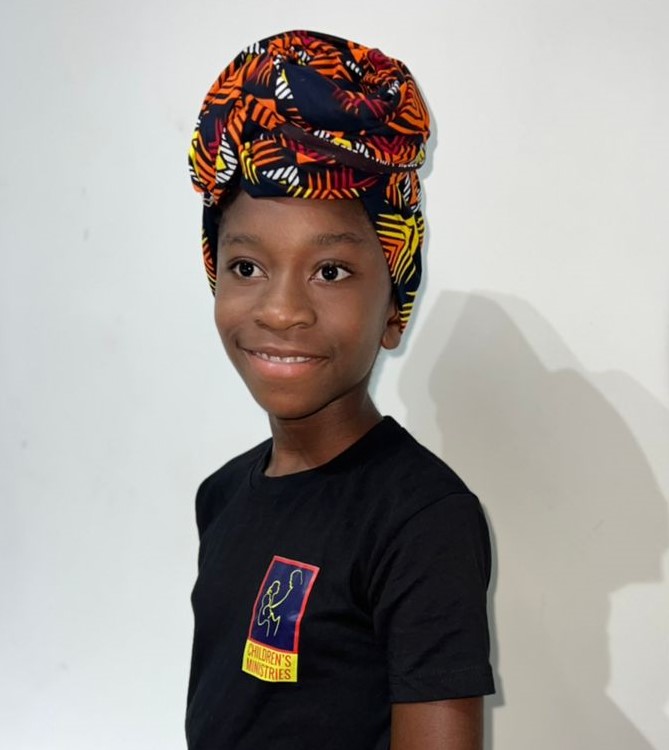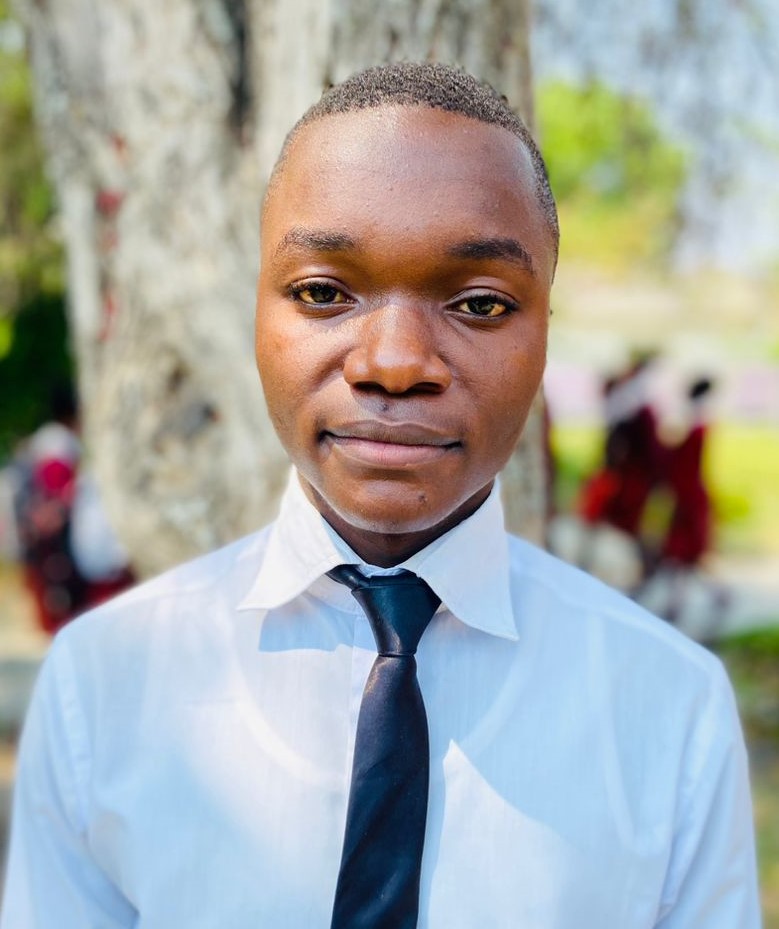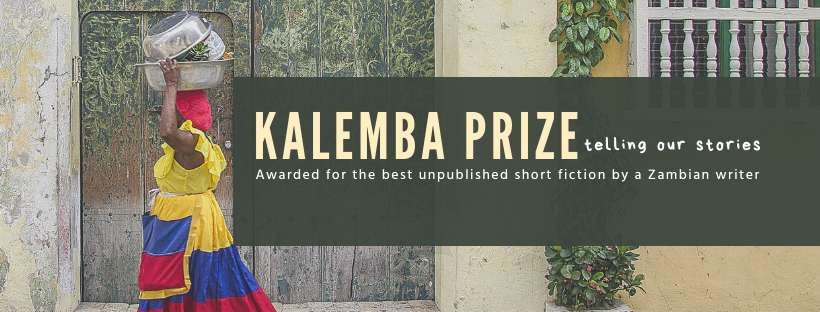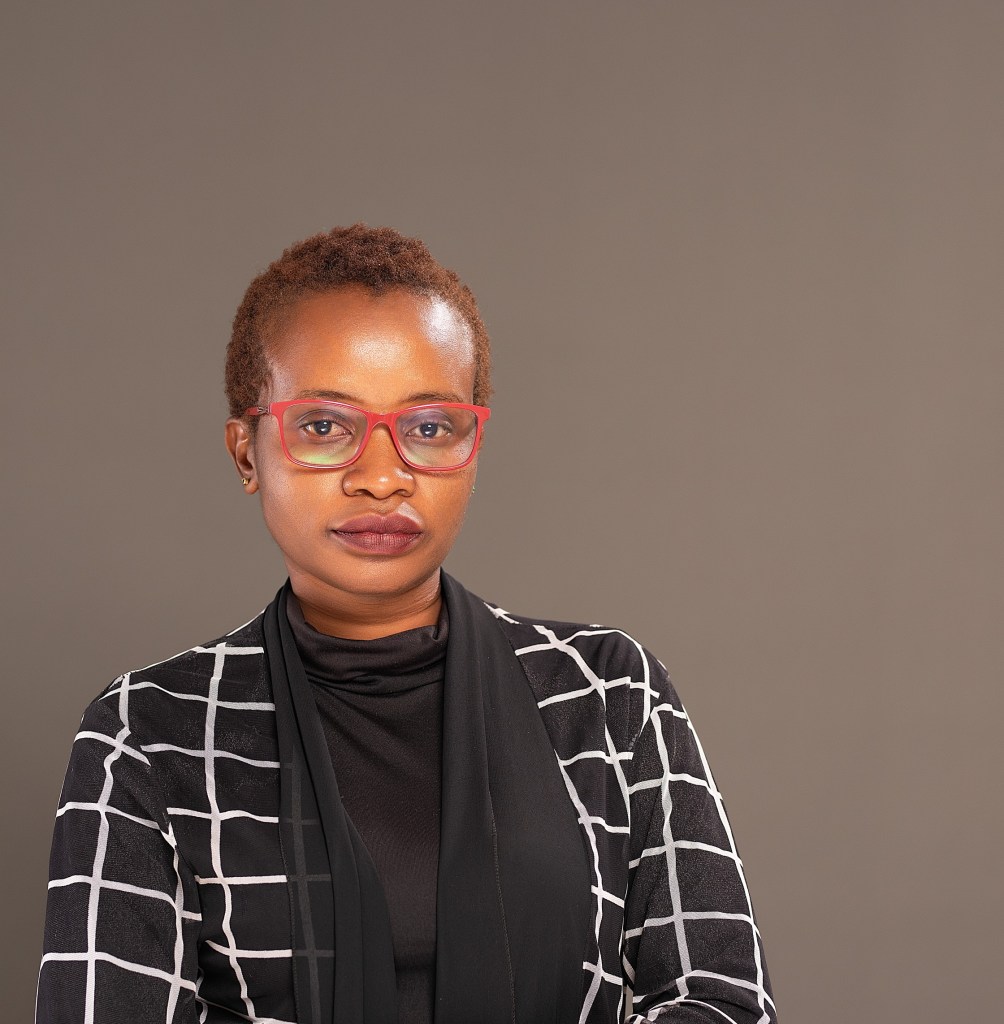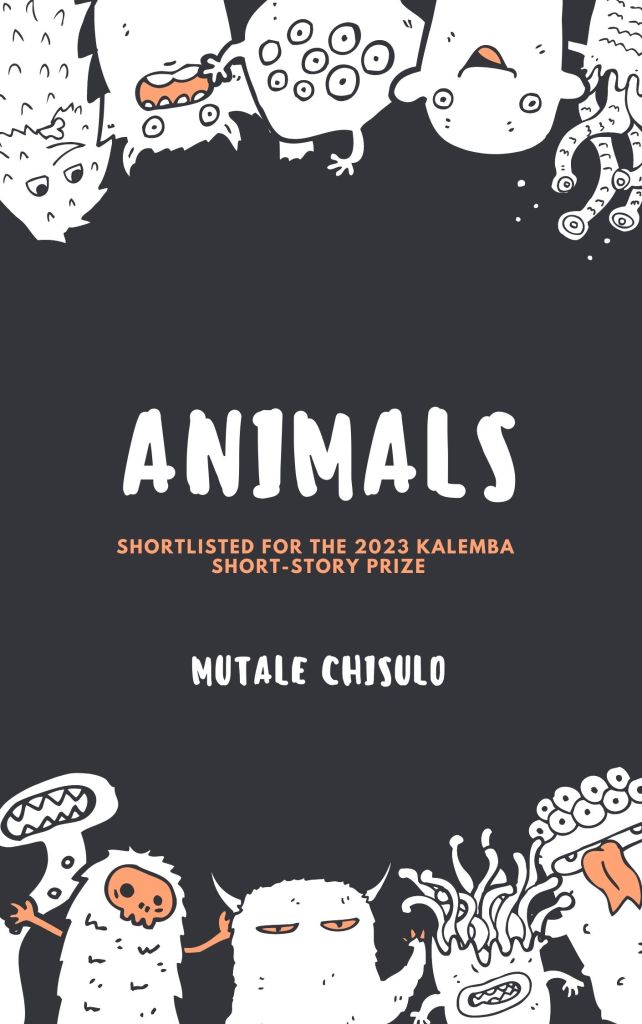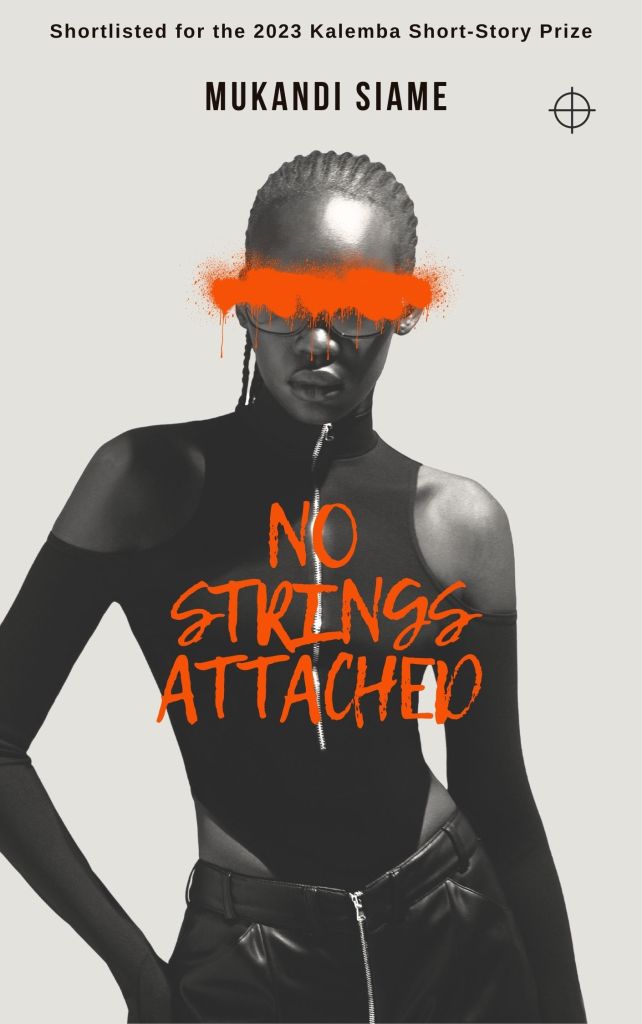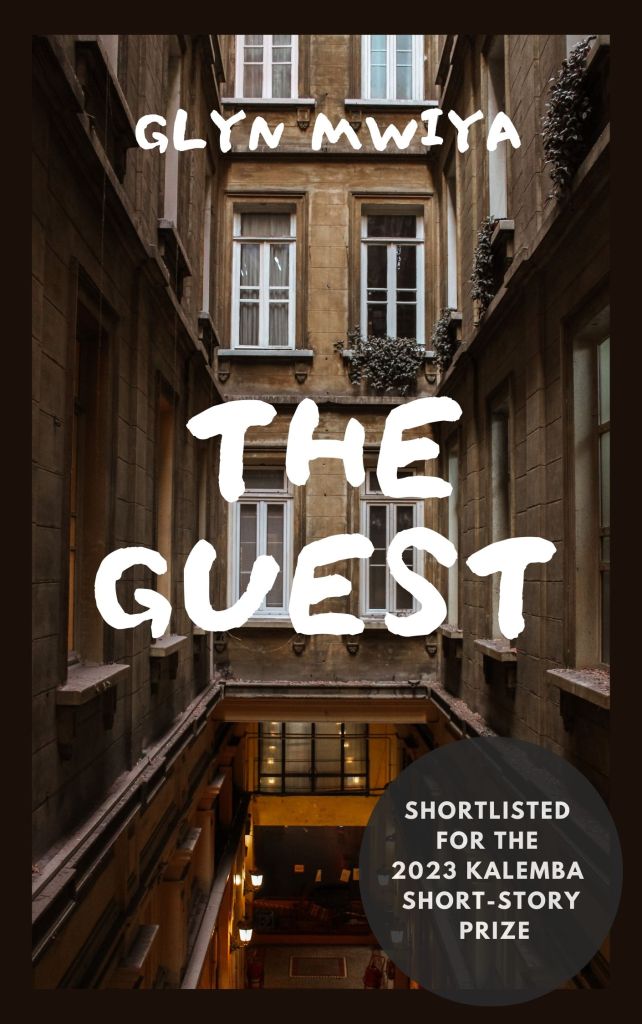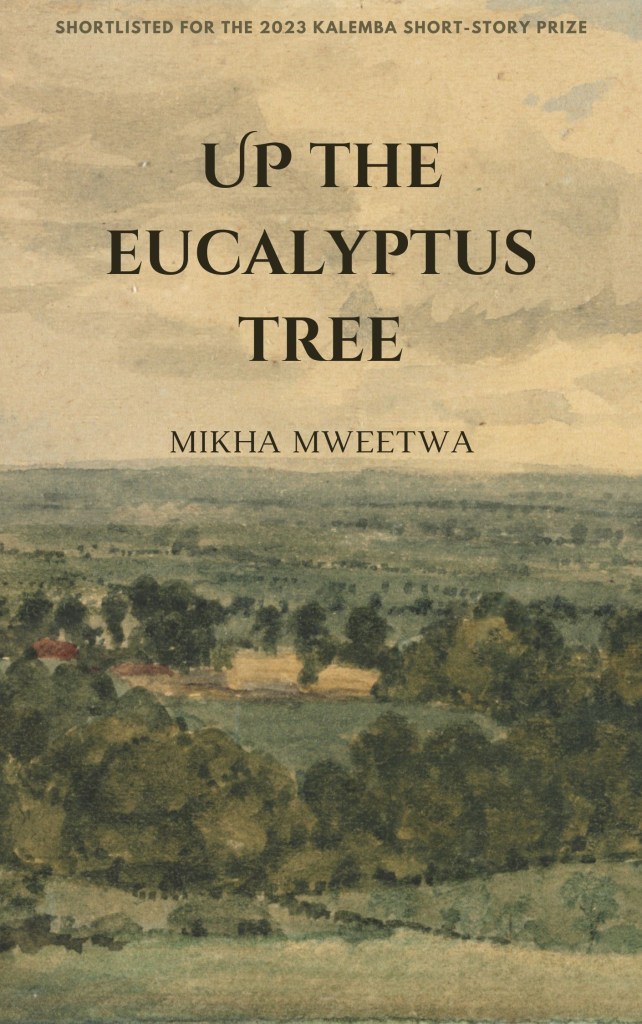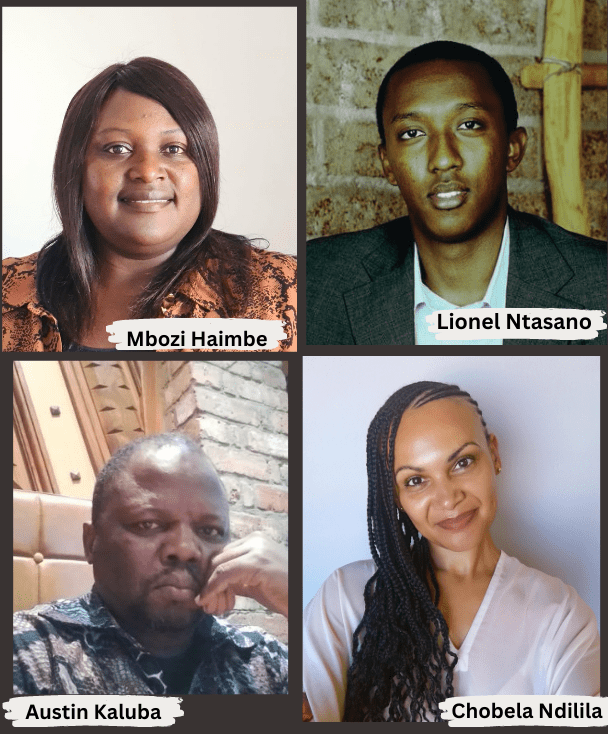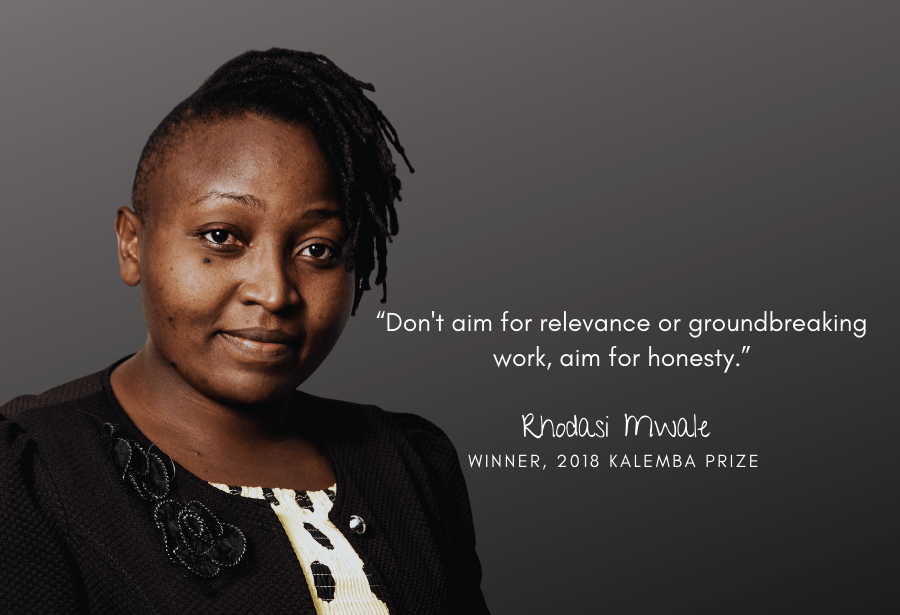LUSAKA, ZAMBIA, 29 April – Congratulations to the longlisted writers! For those who didn’t make the list, thank you for your wonderful stories and please keep writing.
So, what next?
– Long-listed writers will be invited to participate in a masterclass delivered by an expert in fiction and short-story writing. The purpose of the masterclass will be to build upon and help sharpen your entries, and your overall writing skills beyond Kalemba.
– Long-listed writers who will participate in the masterclass (details to be communicated) will have the option to revise and resubmit their entries within seven (7) days – after the masterclass (details and new link will follow)
NOTE: It’s not mandatory for longlisted writers to participate, however, it’s an opportunity to grab with both hands and explains why our long lists is generous this year.)
– Twelve (12) shortlisted entries will be published on our digital platforms.
– The panel of judges, constituted by renowned writers and literary luminaries, will select the top six stories and, subsequently, the top three.
– The panel of judges is being finalized and will be announced in due course.
– The top six stories will be published on the Kalemba website a week before announcing the winning and two run-up entries.
Please do NOT send emails asking for the status of the judging process. All updates will be posted on our digital platforms. ‘NO POST’ from us means that the judging process is on track.
Something else
Can the writer of the story, The Inciting Incident, email us on info@ukusefya.com.
Lastly, we are reviewing two more stories. This is due to a technicality. When auditing the number of entries against the final list, we couldn’t account for two entries. We eventually found them.
The two stories are under review and if they make it, will be added to the longlist no later than Friday, 5 May.
1. Zina – Cornelius Mwanza
2. Words for the lost child – Mwenya Chikwa
3. Who the Cap Fits – Thomas Chisengatambu
4. When it all Clears – Trevor Ace Tao
5. Up the Eucalyptus Tree – Mikha Mweetwa
6. Unforeseen – Tecla Bwalya Mulenga
7. Two-Faced Psycho – Timothy Mumba
8. Tina’s Trauma – Nikiwe Taonga Thole
9. Till Death – Mazuba Mwiinga
10. Thirty9 Steps to Freedom – Simon Kansembe
11. The Trip a Trap – Mbeti Sishekanu
12. The Tribe – David Chiza Gondwe
13. The Testament – Abigail Lubala
14. The Talk by the stream – Jeremiah Chenge
15. The Sexual Predator – Samuel Zimba
16. The Papa, the Patient and the Physician – Katenekwa Njekwa
17. The Njalimwenes – Mulobeka Albert Phiri
18. The Mysterious Beast – Nchimunya Hatowa
19. The Midnight Man – Margaret Mwenya
20. The Man from the West – Adam Njobvu
21. The Jacaranda Broomed in June – Chileshe Mutale
22. Sins of the Father – Musole Prince Silungwe
23. The Housekeeper – Brenda Nyambe
24. The Guest – Glyn Mwiya
25. The Final Act – Nduluma Mwaba
26. The Family Terminator – Neddy Chimpati
27. The Evil Within – Niza Chavula
28. The Curious Case of Benjamin – John Phiri
29. The Chosen Lamb – Taoma Mukwala
30. The Childhood Clock – Jackson Chabala
31. The Broken Arow – Isaac Likuji
32. The Blues – Fiske Nyirongo
33. The Evil within – Niza Chabula
34. The Blue Shirt – Musiyani Silumbe
35. Suicide Notes – Veagan Muchena
36. Strangers at Home – William Mupotola
37. Stepmother – Kaseba Lubambo
38. Squelching noises – Clarence Chongo
39. Some Days are Worse than Monday – Mpundu Charles Chilumba Mulenga
40. Small World – Caroline Musole
41. Shallow – Kees de Kwaasteniet
42. Silver Head Red Hands – Racheal Tembo
43. Seeing Anew – Kapampa Mwape
44. Secrets – Teri Yombwe
45. Red Ink Thandiwe – Chisela Chibale
46. Pieces of Flesh – Given Chikwela
47. Pelts – Nancy Mubanga
48. No Strings Attached – Mukandi Siyame
49. M’zimu Wachikondi – Kondwani Bwalya
50. Martha’s Monster – Michael Mwanza
51. Love Over Water – Bwalya Mambwe
52. Locked Emotions let Loose – Kashweka Nalungwana
53. Kasuba – Nancy Mwenya
54. Ghost in Love – Mukelebai Catherine Mulasikwanda
55. Forbidden Love – Angela Kunda Mupeta
56. Father Forgive me for I have Sineth – Ndanji Nyirenda
57. Extension – Chansa Folotiya
58. Echo – Thandiwe Siwo
59. Don’t Remember to Forget – Birbal Boniface Mutoba
60. Dark Motives – Sylvia Mbewe
61. Corrupted – Douglas Kawimbe
62. Cilil – Genevieve Kana
63. Chimbuya – Musenga Katongo
64. Call for the Sandy Tombs – Kaluwe Haangala
65. Bush Mouse – Abel Lungu
66. Bodza – Mupila yalobi
67. Behind the Make-up – Mwewa Kashell Mwaba
68. Before I Rest – Towela Kondowe
69. Attract and Repel: Justified Madness – Keegan Sichone
70. Atsikana – Theresa Silvester
71. Are you coming Back? – Bwanga Kapumba
72. Annie – Pierre Bwalya
73. Animals – Mutale Chisulo
74. And the River Sang – Kelvin Jatwa
75. An Encounter with a Smooth Criminal – George Banda
76. An Akabi Princess – Inonge Noyoo
77. A Union of Inconvenience – Jolezya Adeyemo
78. A Night to Remember – David Mumba
79. A Mother’s Visit – Susan Mutale
80. A Leap of courage – Rose Mukondya
81. A Chance at Life – Natasha Mwenda
82. A Bitter Love Triangle – Sanfrossa Manyinda
